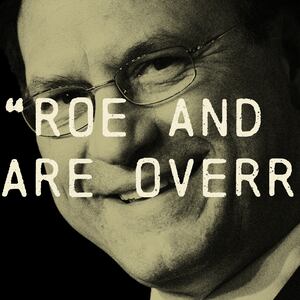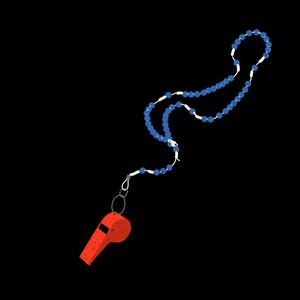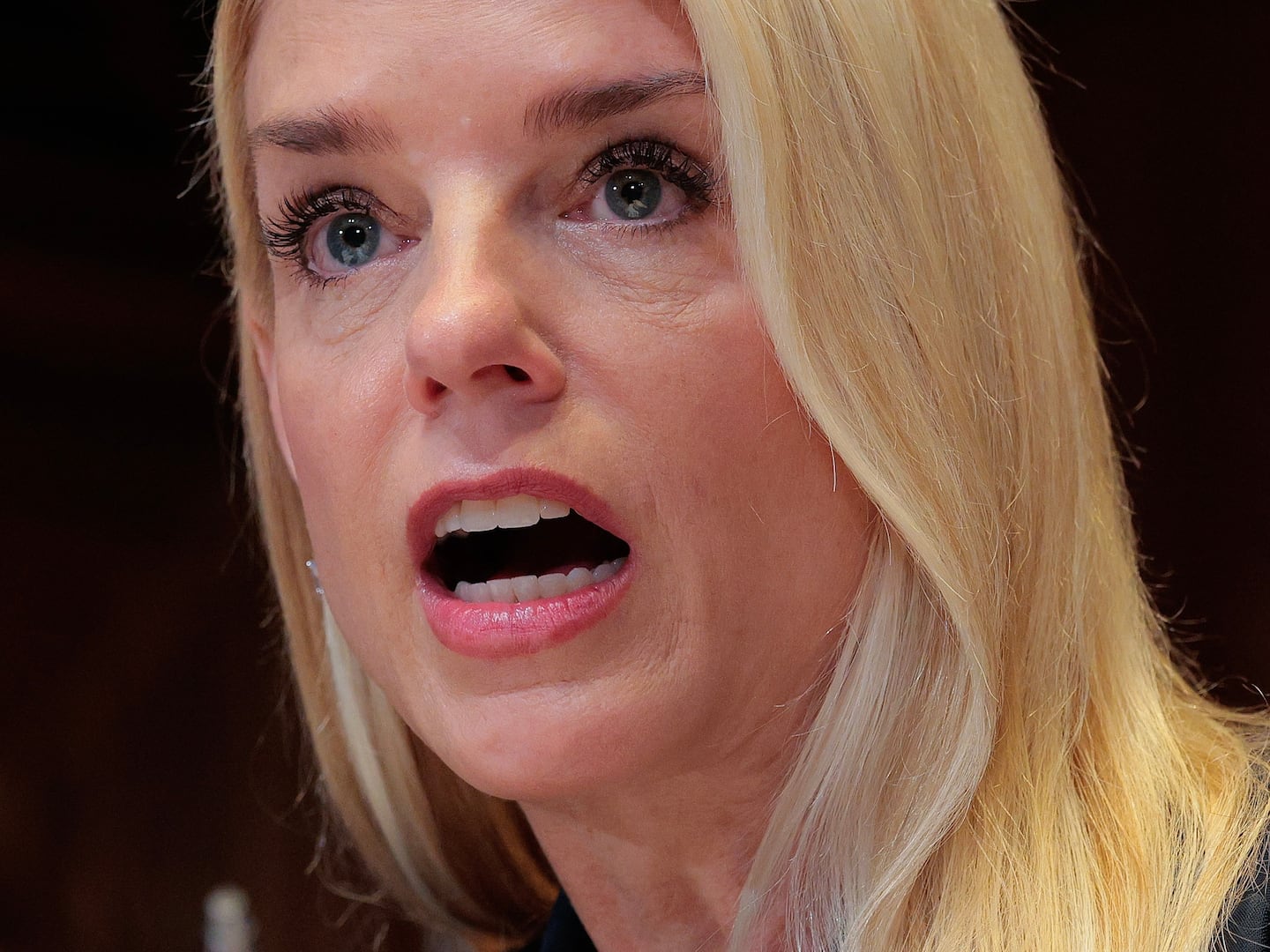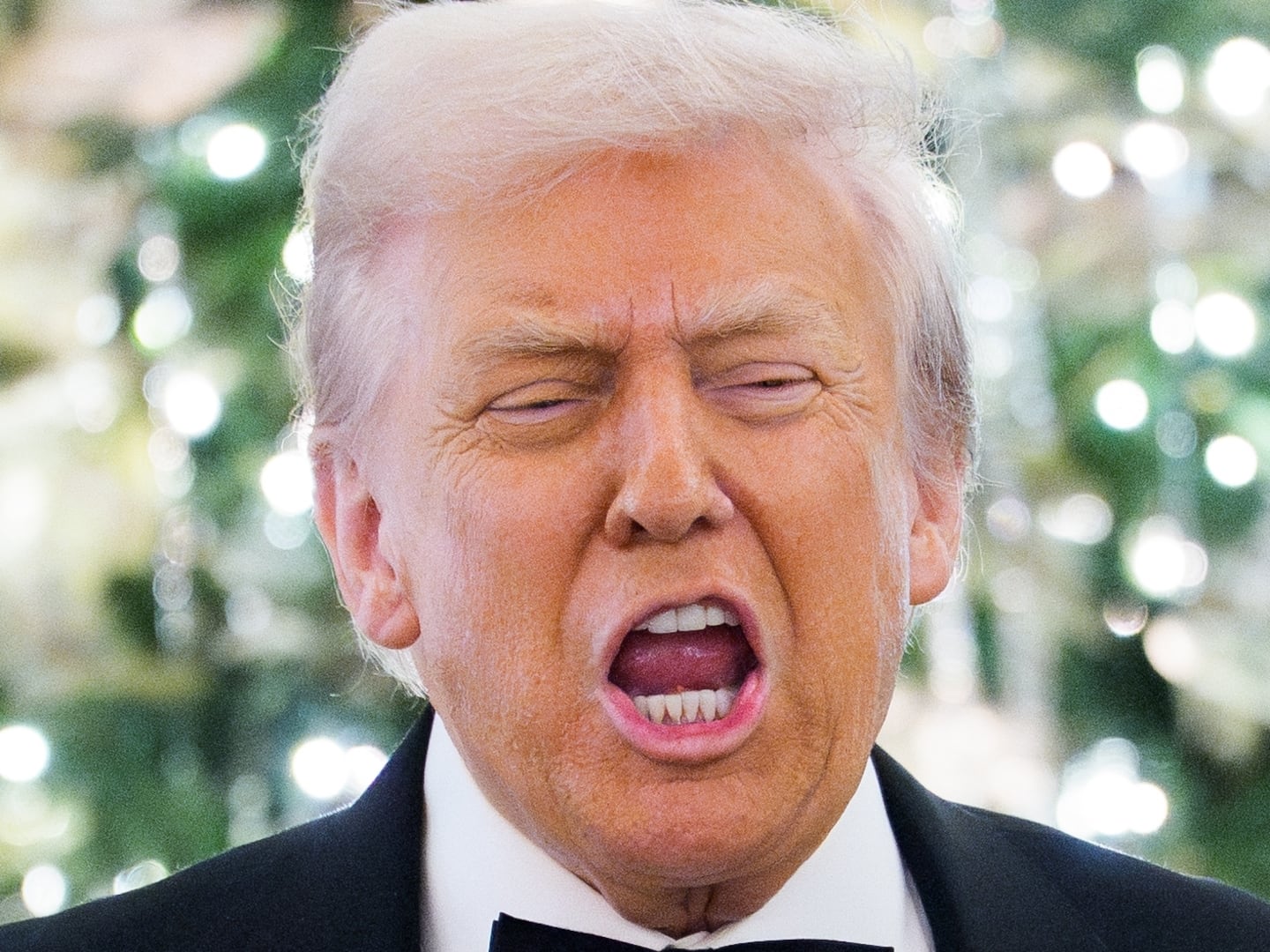There have been many things wrong with America’s failed efforts to stop the monkeypox epidemic from spreading.
Vaccine stockpiles weren’t released, red tape has held up production, distribution has been haphazard, treatments have been nearly impossible to come by (again due to government red tape), and doctors have not been given adequate information, leading many patients to be turned away or misdiagnosed.
In short, it’s been an eerily familiar mess. But there’s one part of this fiasco that hasn’t been as widely reported: We’re not even calling the virus by the right name.
It’s not monkeypox. It’s orthopox. And here’s why it matters.
1. It’s wrong.
In 1958, Danish scientists detected a new strain of the orthopoxvirus. They called it “monkeypox” because they discovered it in laboratory primates. But in nature, the virus circulates not among monkeys but among rodents (“dormice, rope squirrels, and pouched rats,” reports The New Yorker). That’s why, for decades, it was confined mostly to people bitten by animals, hunters, and, in 2003, Americans who came into contact with infected prairie dogs, who in turn got the virus from pouched rats imported from Ghana.
Now, if this were a mere error, it wouldn’t be that important. But it’s also an error with some very unfortunate consequences.
2. Monkeys from Africa? No.
First, as monkeypox spreads among wider sections of the U.S. population—which it is almost certainly going to do—we’re going to hear the familiar racist, nationalist associations of this virus with “foreigners” and the countries where it originated. And in that regard, characterizing it as a nasty disease carried by monkeys from Africa is, to say the least, problematic.
Associations of Black and/or African people with apes, monkeys, and so on are some of the ugliest parts of American racism. They are fraught with pseudo-science about genetic differences between the “races” and the inferiority of dark-skinned people to lighter-skinned ones. The potential for stigmatizing Africa, Black bodies, and people of color is enormous, and obvious.
Am I overreacting here? I don’t think so. We saw this same dynamic in the 1980s with respect to AIDS, which first appeared in humans in the 1920s, in the colonial Congolese city then called Leopoldville, now known as Kinshasa.
Even before this fact was even definitively established, racist descriptions of African sexual voraciousness appeared in mainstream American press outlets evoking longstanding, pernicious myths of Africa (the “dark continent”) as a place of savagery and disease. (Dark-skinned Haitians were further stigmatized as bearers of the disease.) Much of this rhetoric resembled nineteenth century hysteria regarding African “venereal diseases” and resurfaced in Republicans’ outrage over President Barack Obama’s efforts to contain the Ebola virus, which, though few remember it now, was a central issue in the 2014 midterm elections.
We’re in danger of a similar process unfolding now. As we saw with the early use of the phrase “Wuhan coronavirus” in 2020, it’s very easy for xenophobes and demagogues to use terminology that enrages their nativist base and “otherizes” a disease. Fortunately, no one is (yet) calling this the “Central African monkeypox,” but it could only be a matter of time before some reactionary circles adopt the phrase.
Now, again, if the term “monkeypox” really reflected some biological reality, some might argue that we’re stuck with it. But that is not the case; the term is inaccurate. And since it is soaked in racist associations and colonialist history, it should be junked.
3. Stigmatizing a disease does not aid public health.
It’s also unhelpful to associate an infectious disease with an animal, especially when it spreads, in part, through sexual activity—and especially when that sexual activity is already stigmatized, as gay sex is.
For the moment, Dr. Anthony Fauci said on July 26, the 3,500+ cases of orthopox in the United States are “about 99 percent among men who have sex with men.” We’ll see how long that lasts—unlike HIV, orthopax should be just as transmissible in heterosexual intimacy (you can get it from cuddling, massage, sharing linens, or close dancing; no bodily fluids required), and is likely to jump to straight communities soon.
Still, at present, this is a disease prevalent among sexually active gay men, and it enhances the stigma against us to call it “monkeypox.”
That’s true even within gay communities. I can say, anecdotally, that all my gay friends are talking about this threat and taking it very seriously. But the name “monkeypox” doesn’t help—it associates the virus with “animalistic” behavior. It’s embarrassing. No wonder a lot of us are just calling it the pox, or mpox. No one wants to be called a monkey.
That’s particularly true at this historical moment, as the LGBTQ community is watching our hard-fought equality get stripped away, bit by bigoted bit. Forgive us for feeling a little unwanted déjà vu, as the new disease threatens us while Republican politicians liken us to child molesters and deny the dignity of our intimate relationships.
More broadly, to the extent that shame and stigma stop people of any background or identity from getting tested or treated, they cause more disease to spread. It’s going to be hard enough getting people to care about this new threat after 28 months of COVID. Making it into a gay disease with a demeaning name is not going to help.
Of course, language is not the only, or even the primary, thing that matters in this fight. Having failed to stop the virus from spreading, public health agencies now need to get ahead of it, and that means much wider access to education, vaccination, testing, and treatment.
But in doing that work, let’s not needlessly evoke the specters of racism, homophobia, and stigma.
Let’s just call the virus what it is: orthopox.








